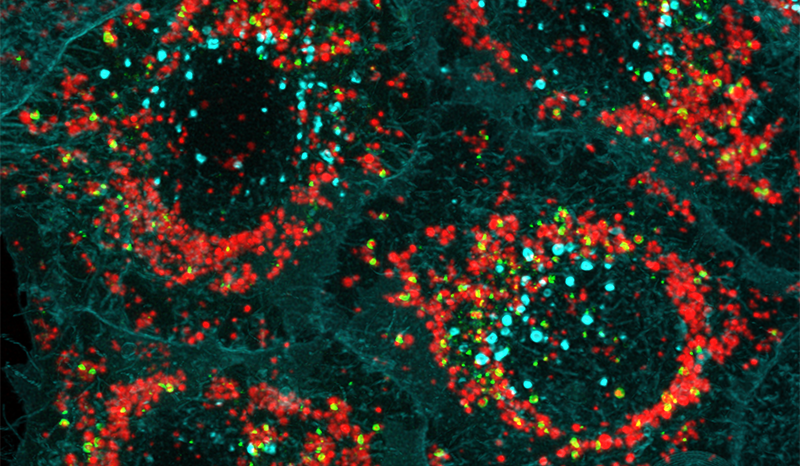Nguyen TN, Padman BS, Zellner S, Khuu G, Uoselis L, Lam WK, Skulsuppaisarn M, Lindblom RSJ, Watts EM, Behrends C, LAZAROU M.
ATG4 family proteins drive phagophore growth independently of the LC3/GABARAP lipidation system. Molecular Cell (2021) 81(9), 2013–2030
Padman BS, Nguyen TN, Uoselis L, Skulsuppaisarn M, Nguyen LK, LAZAROU M. LC3/GABARAPs drive ubiquitin-independent recruitment of Optineurin and NDP52 to amplify mitophagy. Nature Communications (2019) 10(1):408
Nguyen TN, Padman BS, Usher J, Oorschot V, Ramm G, LAZAROU M
Atg8 family LC3/GABARAP proteins are crucial for autophagosome-lysosome fusion but not autophagosome formation during PINK1/Parkin mitophagy and starvation.
Journal of Cell Biology (2016) 215(6):857-874
LAZAROU M, Sliter DA, Kane LA, Sarraf SA, Wang C., Burman JL, Sideris DP, Fogel AI, Youle R.J. The ubiquitin kinase PINK1 recruits autophagy receptors to induce mitophagy.
Nature (2015) 524(7565):309-314
Kane L.A., LAZAROU M., Fogel A.I., Li Y., Yamano K., Sarraf S.A., Banerjee S., Youle R.J. PINK1 phosphorylates ubiquitin to activate Parkin E3 ubiquitin ligase activity.
Journal of Cell Biology (2014) 205(2):143-53



